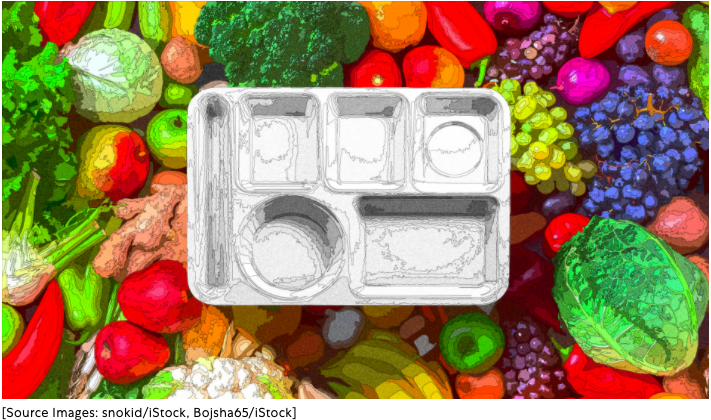
The COVID-19 pandemic has exposed long-standing crises in our country, including food insecurity, racial inequity, and processed-food-related diseases. This convergence has uncovered stark truths about American society, systemic racism, and what we value as a country. As advocates for healthy food and food justice, we believe that it’s time to make a bold national commitment to food security and children’s health in America by extending universal access to school meals to all students. We must do it now.
We can decide who we are and how we want to show up in this moment. While COVID-19 has claimed the lives of 177,000, and disproportionately impacted Black and Latinx communities, we face another unprecedented pandemic: hunger and food insecurity in America. Many unemployment benefits for more than 30 million Americans expired on July 31. The economic uncertainty means hunger and food insecurity will mushroom even as the pandemic continues. While people of all backgrounds are impacted, the food insecurity crisis hits BIPOC communities the hardest. Recent data from the Census Bureau found that “29% of Black households and 24% of Hispanic households report that children were not eating enough, compared with 9% of white households.” With the U.S. economy at its weakest in recent history, supporting nutritious food access for all Americans and communities in need is paramount…
Read the full article on Fast Company.
Share this post
Share on facebook
Share on google
Share on twitter
Share on linkedin
Share on pinterest
Share on print
Share on email
